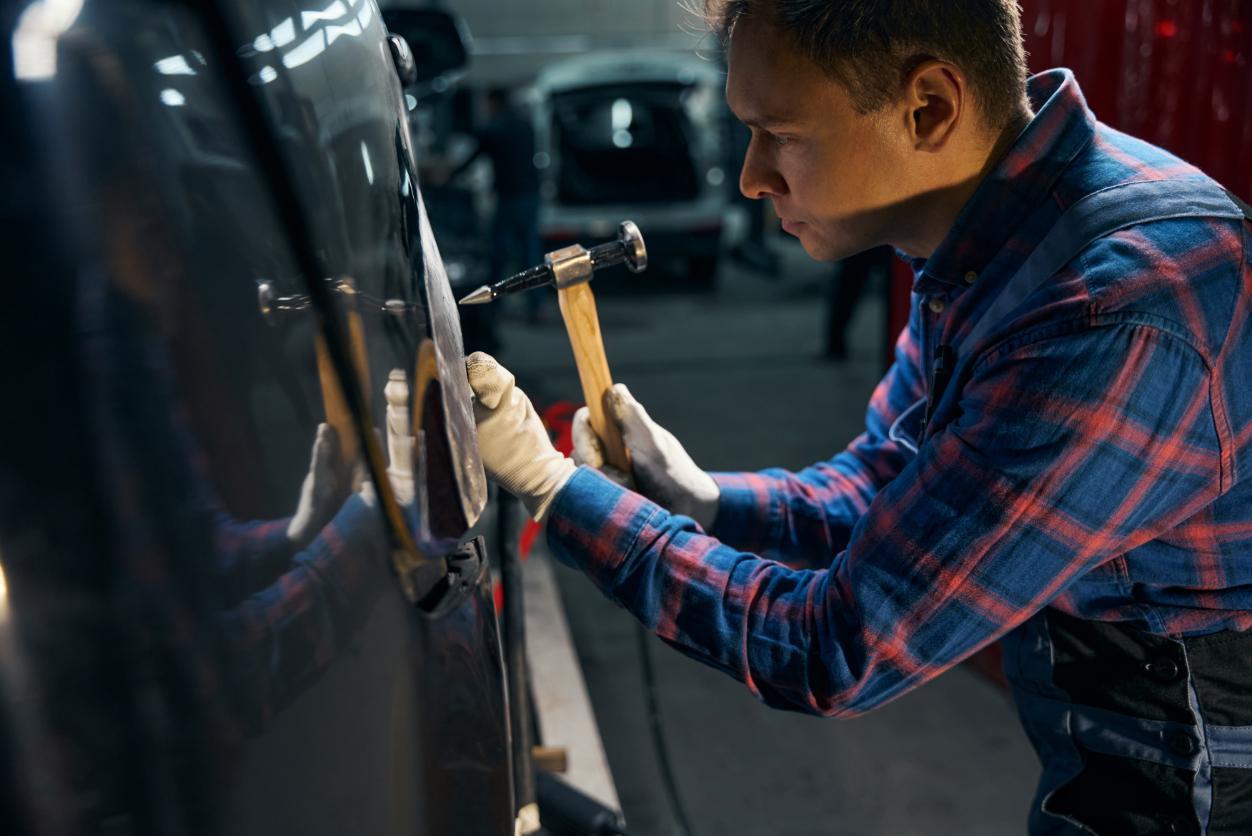Blog

Winter in Western North Carolina brings stunning mountain vistas dusted with snow, but it also introduces challenging driving conditions that can lead to serious collisions. From icy mountain roads to sudden temperature drops, drivers in Asheville, Hendersonville, and Brevard face unique winter hazards that demand careful preparation and defensive driving skills.

Modern vehicles are engineering marvels, packed with sophisticated technology that makes driving safer, more efficient, and more comfortable than ever before. However, this same technology creates new challenges when it comes to collision repair. Unlike the vehicles of decades past, today's cars and trucks require specialized knowledge, equipment, and training to restore them properly after an accident. Understanding why modern vehicle repair demands such specialized attention can help you make informed decisions about where to take your damaged vehicle for repairs.

The holiday season unfortunately brings a significant increase in vehicle collisions. As Western North Carolina's trusted collision repair experts, we at First Aid Collision see firsthand how the combination of increased traffic, winter weather conditions, and holiday stress can lead to accidents that disrupt what should be a festive time of year.
In this guide, we'll share practical collision prevention strategies to help you navigate holiday travel safely, whether you're driving across town for shopping or across the state to visit family. We'll also provide guidance on what to do if you experience a collision despite taking precautions.

When you're involved in a collision, the damage to your vehicle often extends beyond what's visible to the naked eye. One of the most critical components that can be affected is your vehicle's frame – the structural foundation that keeps you safe on the road.

Your vehicle's paint does much more than just make your car look good. It also serves as a protective barrier between your car's metal body and the elements that can cause corrosion and rust. Over time, exposure to sunlight, rain, snow, road salt, and other environmental factors can damage your car's paint, making it look dull and potentially exposing the metal underneath to corrosion.
Whether you're considering a fresh coat of paint to restore your vehicle's appearance after an accident, protect it from further damage, or simply give it a new look, timing your paint job right can make a significant difference in the quality and longevity of the finish. In this guide, we'll explore the best times to paint your car, considering seasonal factors, preparation requirements, and other important considerations to ensure you get the best results possible.